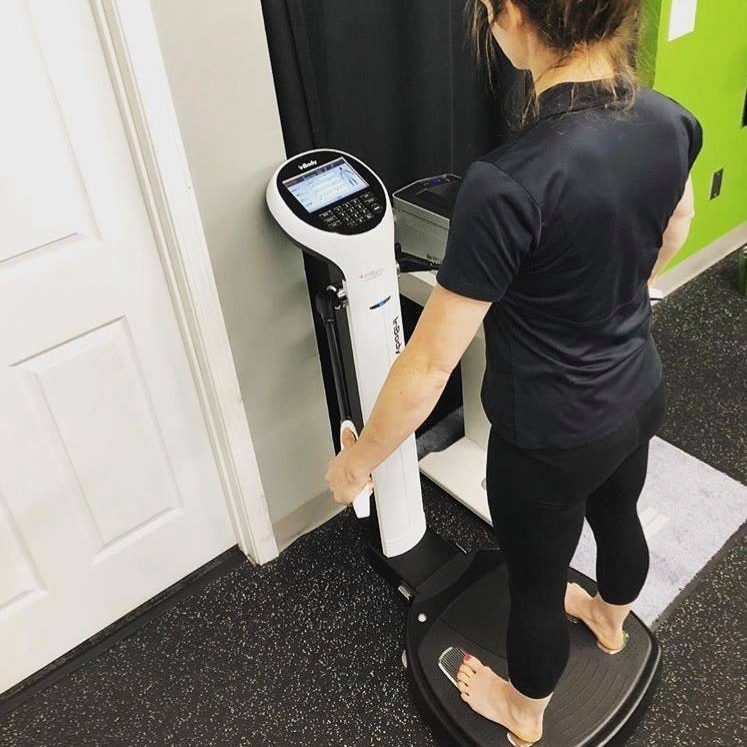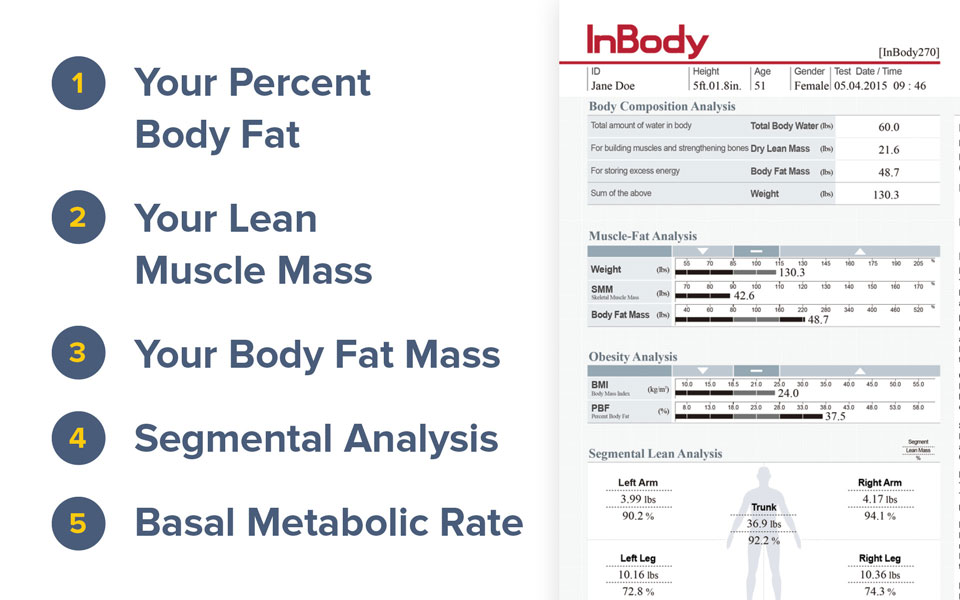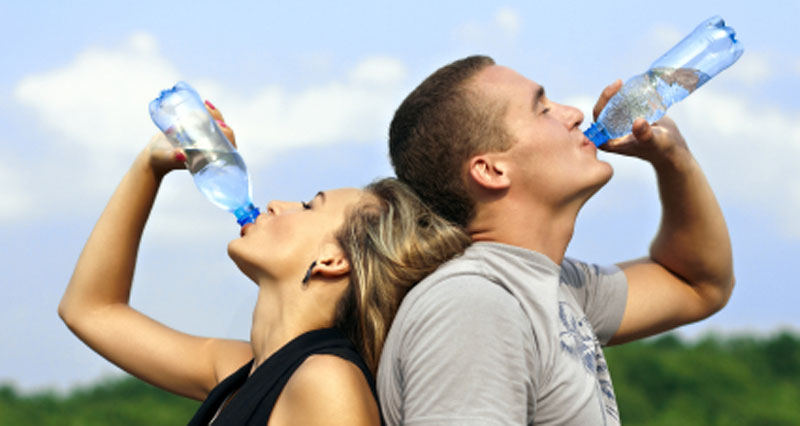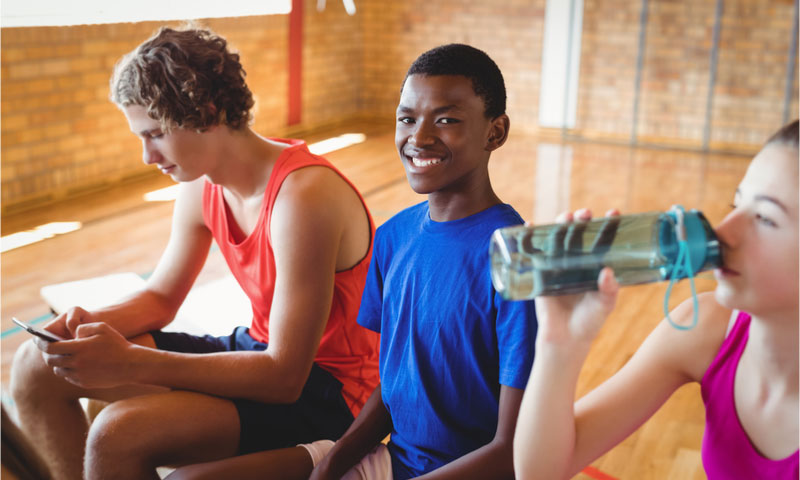Proper hydration is necessary for maintaining energy levels, regulating body temperature, and preventing injuries.
In this blog, we will discuss the importance of hydration for athletes and how they can manage their own hydration on an ongoing basis.
Proper hydration is essential for athletes, as it helps to ensure that their body is functioning at its best. When an athlete is dehydrated, their body’s ability to perform is diminished, which can lead to decreased energy levels, poor performance, and an increased risk of injury.
Some symptoms that indicate poor hydration or dehydration include:
-
- Thirst: This is the most obvious symptom of dehydration, and it means that the body needs more fluids.
- Dark yellow or amber urine: When an individual is dehydrated, their urine will be darker in color and have a strong odor. This is because the body is trying to conserve water, which leads to concentrated urine.
- Fatigue: Dehydration can lead to a decrease in blood volume, which can result in a decrease in blood flow to the muscles. This can lead to fatigue and muscle weakness.
- Headaches: Dehydration can cause headaches due to a decrease in blood flow to the brain.
- Dry mouth and throat: When an individual is dehydrated, they will often have a dry mouth and throat, as the body is not producing enough saliva.
- Dizziness: Dehydration can lead to a decrease in blood pressure, which can cause dizziness and lightheadedness.
- Constipation: Dehydration can lead to constipation due to a decrease in water in the body, which can make it difficult for the body to pass stools.
- Dry skin: Dehydration can lead to dry skin as the body lacks enough water to keep the skin hydrated.
- Rapid heartbeat: Dehydration can cause a rapid heartbeat due to a decrease in blood volume.
- Cramping: Dehydration can lead to cramping, as the body lacks enough fluids to keep the muscles hydrated and functioning properly.
Dehydration can also lead to a decrease in blood volume, which can result in a decrease in blood flow to the muscles. This can lead to cramping, fatigue, and muscle weakness. Additionally, dehydration can also lead to an increased risk of heat stroke, which can be dangerous and even life-threatening.
Managing hydration on an ongoing basis is essential for athletes. Here are some tips for managing hydration:
-
- Drink plenty of water: The most important thing an athlete can do to stay hydrated is to drink plenty of water. Athletes should aim to drink at least eight glasses of water a day, and more if they are sweating heavily.
- Drink electrolytes: Sports drinks, coconut water, Pedialyte and more can be a great way to stay hydrated, as they contain electrolytes that are essential for hydration. Athletes should choose sports drinks that are low in sugar and calories. Another little trick you can try is ¼ teaspoon Himalayan salt and an optional squeeze of lemon in your water first thing in the morning can help combat overnight dehydration give you a little morning boost.
- Eat foods that are high in water: Eating foods that are high in water, such as fruits and vegetables, can help to keep an athlete hydrated.
- Monitor your urine: An athlete can tell if they are dehydrated by the color of their urine. If their urine is dark yellow or amber, they are dehydrated and need to drink more water.
- Wear appropriate clothing: Athletes should wear clothing that is appropriate for the weather and their activity level. Wearing loose, breathable clothing can help to keep an athlete cool and prevent overheating.
Proper hydration is crucial for athletes, especially when working out in the gym. During a workout, the body loses fluids through sweating, which can lead to dehydration if not properly replenished.
Not only can dehydration cause fatigue and weakness, but it can also lead to a decrease in performance and an increased risk of injury.
To prevent dehydration while working out in the gym, it is important to drink water before, during, and after a workout. It’s recommended to drink about 17-20 ounces of water 2-3 hours before starting your workout and 7-10 ounces every 10-20 minutes during your workout. After the workout, it’s important to drink enough water to replenish the fluids lost during the workout.

Body Composition Measurement

It takes 45 seconds to understand all the detail about your muscle, fat, and water values including lean mass and fat values in each segment of your body.
Knowing your numbers can give you a better idea of where to focus your efforts.
Also,

If you would like to get your own full-blown copy of our “Super Foods” eBook jampacked with information and suggestions…..




